We are celebrating the 10-year anniversary of Debats d’Educació by giving the educational community the opportunity to air its views
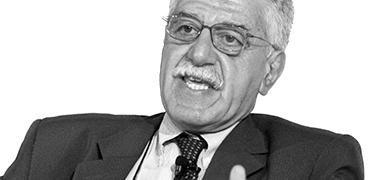
Tedesco studied Educational Sciences in the Faculty of Arts at the University of Buenos Aires and worked as a teacher of History of Education at the National University of La Plata, National University of Comahue and National University of Pampa.
He joined UNESCO in 1976 as a specialist in educational policy of the Draft UNESCO / ECLAC "Education and Development in Latin America and the Caribbean," where he was in charge of research on education and employment.
From 1992 to 1997 he served as Director of the International Bureau of Education of UNESCO in Geneva. He was Director of IIEP / UNESCO, Buenos Aires since its inception in 2005.
He held the Ministry of Education, Ministry of Education, Science and Technology of the government of Argentina during Néstor Kirchner. His successor, Cristina Fernandez, was promoted to the ownership of the Ministry.






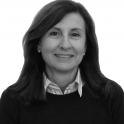
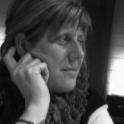
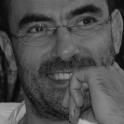
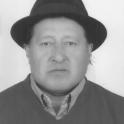
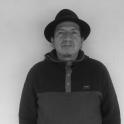
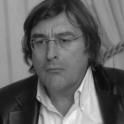


 The texts published on this website are, unless otherwise indicated, covered by the Creative Commons Spain Attribution 3.0 licence. You may copy, distribute, transmit and adapt the work, provided you attribute it (authorship, journal name, publisher) in the manner specified by the author(s) or licensor(s). The full text of the licence can be consulted here:
The texts published on this website are, unless otherwise indicated, covered by the Creative Commons Spain Attribution 3.0 licence. You may copy, distribute, transmit and adapt the work, provided you attribute it (authorship, journal name, publisher) in the manner specified by the author(s) or licensor(s). The full text of the licence can be consulted here: